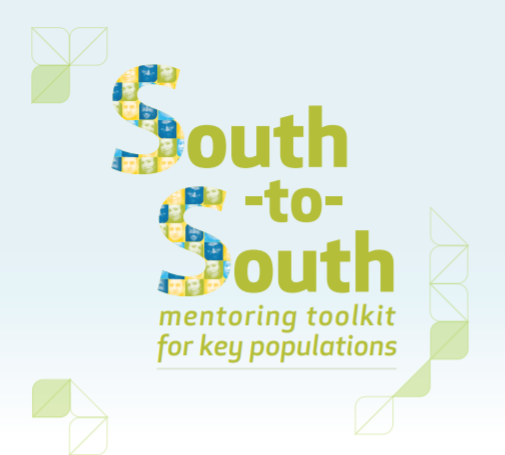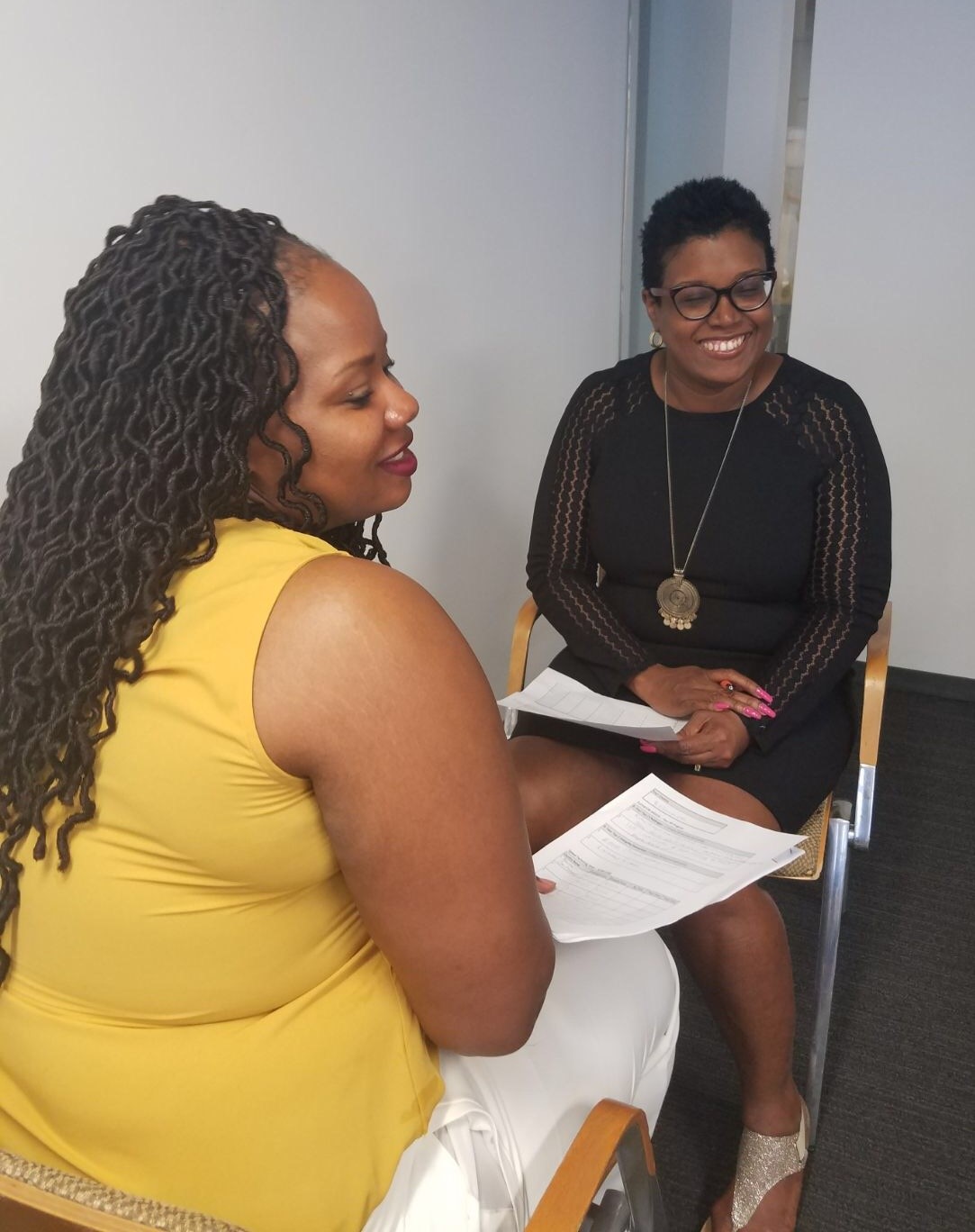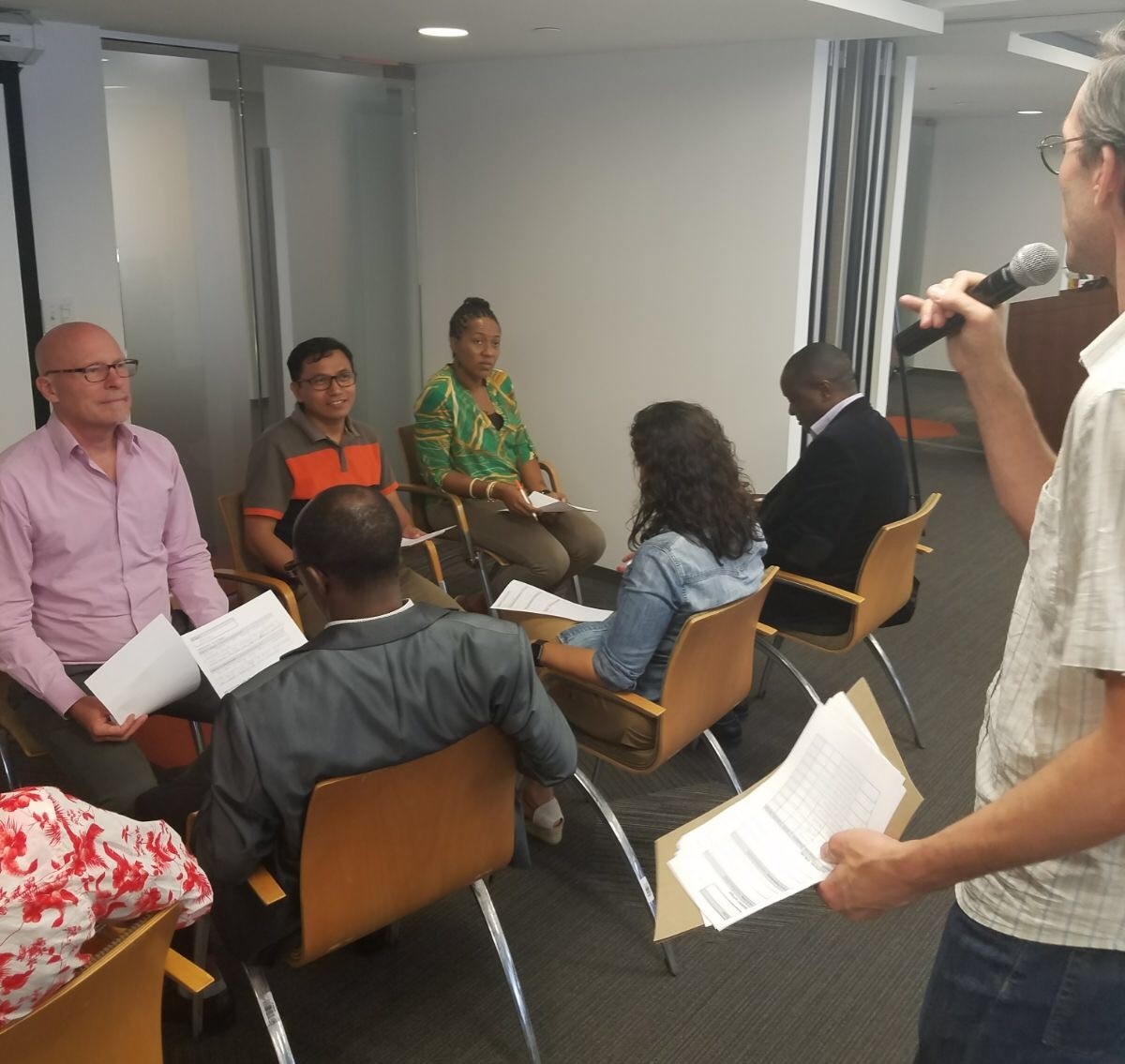Written by Aubrey Weber, Technical Officer, Research Utilization, FHI 360

Today marks the 14th International Day for South‒South Cooperation. This day celebrates advances made by regions and countries in the global South and highlights efforts to continue work on technical collaboration and support among developing countries. It also shines a light on the role of partnerships among developing countries in transitioning to sustainable programs.
Although much knowledge and expertise have been transferred from the global South to the global South (S2S) and numerous guides have been produced about mentoring in general, few tools exist on how to best conduct S2S mentoring.
What is S2S mentoring?
S2S mentoring is a form of peer learning where both mentor and mentee are located in the global South and have direct experience operating in low- and middle-income countries. S2S mentoring among key-population-led organizations (KPOs) is a highly effective method in building key populations’ (KPs) capacity to lead efforts that improve their lives and overall health. Approaches are tailored to the needs of KPs and are therefore are more likely to be nonstigmatizing and applicable to KPs’ needs and lived experiences. S2S mentoring works because it values global diversity and global South expertise, it is cost-effective, and the knowledge transferred is often more relevant than North‒South mentoring. As LINKAGES’ senior technical advisor Meg DiCarlo sees it, the benefits for KP mentors and mentees go even further.
 “S2S exchanges are particularly valuable for organizations working with key populations — that is, sex workers of all genders, men who have sex with men, people who inject drugs, and transgender people — because the exchanges can help increase these marginalized communities’ agency and thus empower them.”
“S2S exchanges are particularly valuable for organizations working with key populations — that is, sex workers of all genders, men who have sex with men, people who inject drugs, and transgender people — because the exchanges can help increase these marginalized communities’ agency and thus empower them.”
LINKAGES’ response
In 2016, the LINKAGES project designed a toolkit for existing mentors from KPOs in the global South to enhance the quality of mentoring they provide to other KPOs in the global South. Specifically, the toolkit explains what S2S mentoring is, discusses mentors’ role in S2S mentoring, describes different S2S mentoring approaches and how to choose among them, and reviews the technical skills needed to mentor effectively. It also provides best practices in enabling local KPOs that are already engaged in mentoring to more effectively manage, conduct, and monitor mentoring activities. Brian White, LINKAGES’ senior technical advisor for community strengthening, sees the toolkit as a guide for building strong, mutually beneficial partnerships and support systems.
“The S2S mentoring toolkit provides a framework through which our communities can share their knowledge and expertise with each other, allowing them to focus on exchanging valuable skills, best practices, challenges and lessons learned. The mentoring builds relationships and further strengthens networks and sustainable organizations.”
For KP-specific HIV programming, S2S is especially critical. A prevailing theme in LINKAGES’ line of work, “nothing about us without us” emphasizes KPs’ critical role in identifying, developing, and implementing solutions that will most directly affect their well-being; their ability to access HIV prevention, care, and treatment services; and their livelihood.

LINKAGES country leaders participate in a twinning exercise during a managers meeting in June 2017. Twinning is an important step in S2S mentoring (Photos: Ben Eveslage).
